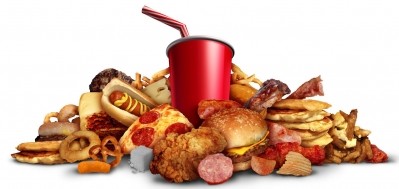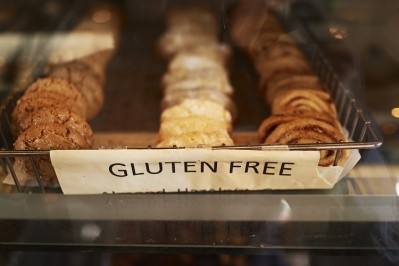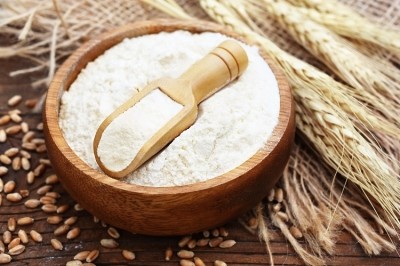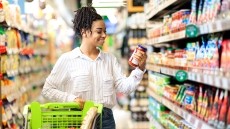The ultra-processed Superloaf that claims to be 'healthy'
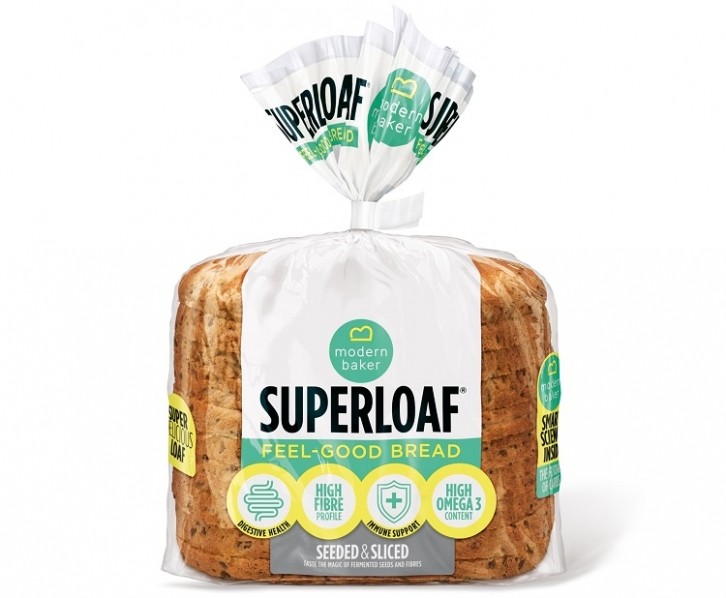
Ultra-processed food is alive in the nightmares of many consumers. Commentators have warned of their dangers, with some calling for a tax on UPFs (although many suggest this would be nigh-on impossible to implement). Even the World Health Organisation (WHO) has linked them to high numbers of deaths.
However, others have criticised the usefulness of the categorisation, and others have argued that the main system of which UPFs are categorised, the Nova Classification, is more concerned with the difference between industrial and home processing than processing per se.
On the bread front, biotechnology company Modern Baker has recently released Superloaf. It's a product it does not shy away from identifying as ultra-processed, while in the same breath also emphasises its nature as a nutrient-dense product.
Is Superloaf a UPF?
Ultra-processed foods are categorised through the Nova Classification system, the highest rating of which is 4, signalling that a food is ‘ultra-processed.’ Food is classified by the levels of processing undertaken to develop them, and whether the equipment is required to be industrial-level.
“Superloaf is quite deliberately a Nova group 4 product; it is precisely this fact that makes it such a breakthrough, and at the same time highlights the limitations of the Nova classification system,” Ken Potts, Head of Technical at Modern Baker, told FoodNavigator.
The Nova classification, he suggested, should not be used as a tool through which to influence policy. It was only ever meant to be a way to identify how some dietary patterns could lead to negative health outcomes.
Potts suggested that the Nutrient Profile Model (NPM), the system which puts emphasis on reducing ‘certain elements’ in food like salt, saturated fat and sugar by which, he suggested, traffic light front-of-pack labelling works on, has ‘demonstrably failed.’ Instead, Modern Baker prefers a ‘health plus’ approach, adding nutrients rather than taking them away.
How Superloaf is 'healthy'
- Superloaf is dense in dietary fibres, containing more, according to Potts, than an 100% wholemeal loaf.
- Optimised to improve gut health.
- Optimised to reduce negative metabolic effects associated with refined carbohydrates, such as calorie absorption and blood glucose response.
How can a UPF be healthy?
While Potts believes that critics of UPFs are right to raise awareness of how our food system is making us sick, they are "weak on practical solutions to this problem".
He suggested that people are focusing on the wrong issues. It’s not food processing itself that’s the problem; rather, it’s what we process.
“The processing itself is not the issue, rather it is the nutrient-poor products that this system currently produces. The key problem is the motivation behind processing rather than the processing itself. For most of the food industry the primary motivation is to make food cheaply and drive sales by encouraging overconsumption.”
Such a motivation, in Potts’ view, can be changed. “If the aim is to manufacture genuinely healthy products, by putting back in the nutrients (and then more) usually stripped out in ultra-processing, like the correct balance of dietary fibres and phytochemicals, a health-focussed transformation of a UPF, and indeed the food system itself possible.”
Superloaf, for example, despite being technically ‘ultra-processed,’ is highly nutrient-dense. It has a nutrient profile containing dietary fibre, bioactive plant compounds and fermentation which, according to Potts, are 'more typical of Nova group 1 food or group 3 product.'
The loaf is, according to Potts, optimised to improve gut health, as well as reduce the negative metabolic effects associated with the consumption of refined carbohydrates, including a reduction of calorie absorption and blood glucose response.
The product is made using white flour but, Potts told us, contains more dietary fibres than a 100% wholemeal loaf, as well as a better range of them.
It even claims health benefits that non-UPF, home baked bread does not have. “It’s a massive myth that home baked bread or artisan bread is automatically good for you,” Potts told us.
“Most isn’t even fermented in a health-positive way. Even a home baked loaf made with wholemeal flour doesn’t remotely contain the broad spectrum of fibres your gut needs for digestive health and that you can find in mass-market Superloaf.”
How is it processed?
Superloaf is, according to Potts, made using the same bread processing machines that produce the majority of the world’s bread.
The brand’s processing technology enables it to skip out on adding artificial additives like chemical dough conditioners and shelf-life extenders often added to other types of high-volume manufactured bread.
This also means it is scalable. “Superloaf’s scalability is a fundamental part of its design; the ground-breaking work we’ve done is that we can re-engineer the industrial loaf (and all bakery) to be health positive without any need to alter the $1T of capex already invested in global bakery production. This means it is not only a massive health upgrade, but also attractive to food manufacturers and good for the planet,” Potts told us.
